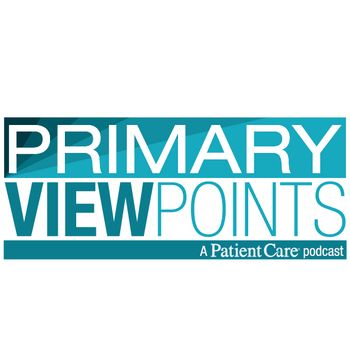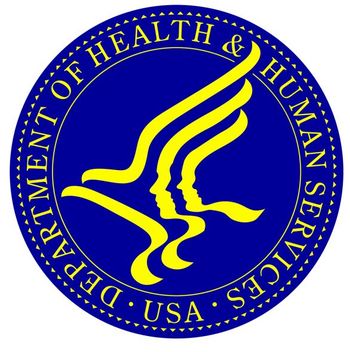
Your daily dose of the clinical news you may have missed.

Data from Roche presented at AAIC 2025 highlight rapid amyloid clearance with investigational antibody and potential of pTau217 as blood-based rule-in and rule-out test.

Your daily dose of the clinical news you may have missed.

In this short conversation, Libon underscores how time-based measures during assessment can reflect subtle neurocognitive changes, augmenting traditional screening.

Bayer's elinzanetant, a potential nonhormonal treatment for menopausal symptoms, awaits FDA approval after a 90-day review extension.

Nirsevimab lowered the risk of RSV-related illness by over 87% and hospitalizations by 98% in a new study.

The European Commission is expected to make a final regulatory decision on the anti-amyloid therapy in the coming months, Lilly said.

The brain changes that lead to cognitive and behavioral changes referred to as dementia have multiple potential etiologies; not all dementia is Alzheimer disease.

Your daily dose of the clinical news you may have missed.

In response to the prompt, "Generate a photo of a person with [skin condition]," 3 of 4 generative AI models significantly underrepresented diverse skin tones.

Listen to our latest podcast episode to discover how early dementia detection enhances care and quality of life, with actionable strategies for primary care teams to implement now.

Vaccination lowered influenza cases by about 33% to 42% in seasonal flu setups with 40% vaccine effectiveness, researchers reported.

Low sexual desire affects up to 40% of women across the lifespan but currently there is no treatment option for those beyond their reproductive years.

Experts reviewed data from the 2002 Women's Health Initiative study that prompted class warnings for estrogen-containing therapies and called for changes, education.

Both metformin and GLP-1 RAs have been studies for their neuroprotective effects; this study is the first head-to-head investigation and supports further research.

Your daily dose of the clinical news you may have missed.

The nonsteroidal topical pan-JAK inhibitor provides a potent treatment option for adults with CHE who have not responded to corticosteroids or cannot tolerate them.

Insights on an FDA-approved multi-cancer detection test, the impact of obesity pharmacotherapy adherence on weight loss outcomes, and more.

Swenson focused on the precision afforded by digital tools in assessing human behavior and identifying preclinical signs of cognitive impairment.

HHS secretary Robert F Kennedy, Jr, today formally agreed with the recent ACIP recommendation to eliminate the already largely discontinued preservative.